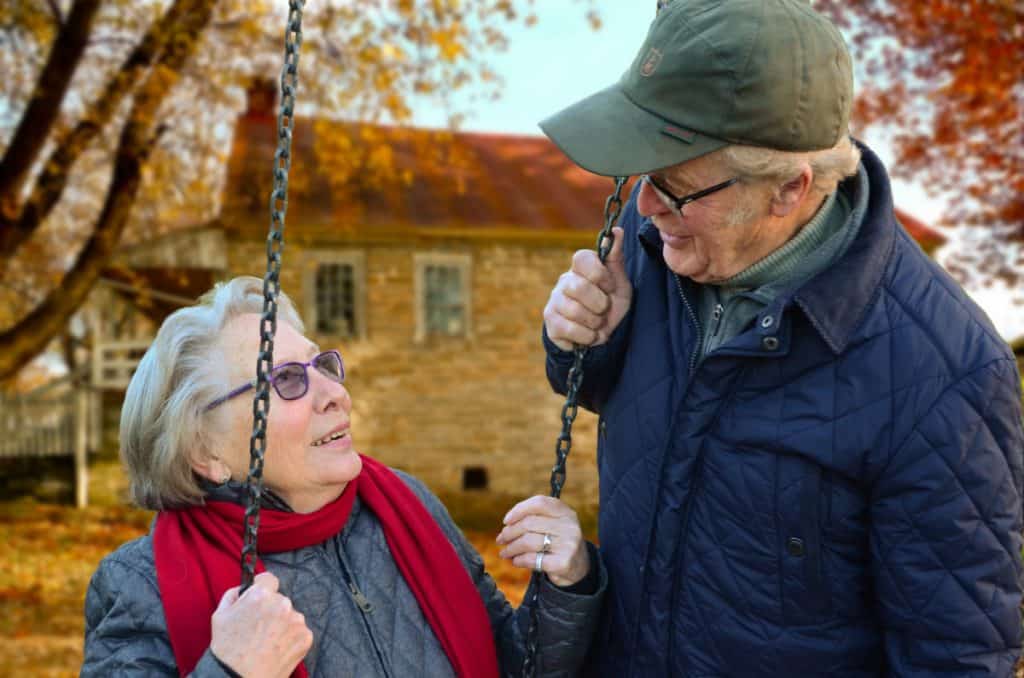If you are considering moving into a retirement village in NSW, this article is for you.
The Retirement Villages Act 1999 (NSW) and the Retirement Villages Regulation 2017 govern retirement village contracts and regulations in NSW. These laws were created to protect retirees buying or leasing a retirement property and to regulate retirement village operators to ensure the proper disclosure of all rules, regulations, entry costs, recurrent charges and exit fees.

The Contract
The village operators must issue a standardised contract with easy to understand terms and conditions so that retirees interested in living in the village understand what they are signing, their rights, and the fees if they change their mind and/or move out of the village or pass away.
The Contract covers:
- Recurrent charges;
- The settling in period;
- Services and facilities;
- The type of ownership of the unit;
- Alterations and additions;
- Entry costs;
- Repairs and maintenance;
- Your share of any capital gain / loss; and
- Departure fees.
The Contract must include:
- The village rules;
- A condition report;
- A disclosure statement; and
- A list of all the village services and facilities.
Important Clauses
Important clauses in a retirement village contract include those regarding:
- The operator’s access to your unit;
- Pets;
- The notification of changes to your health to the operator;
- Notification rules if you are going to be away for an extended period;
- Visitors;
- Sub-leasing;
- Settling in period;
- Exit charges.
Different retirement villages offer different types of ownership arrangements, including registered and non-registered ownership options. The type of ownership that applies to your unit provides different rights and obligations.
Contracts are very large complex documents and if you are considering a retirement village we recommend that you consult a lawyer and financial adviser regarding the benefits and risks of the contract before you sign.
Registered Unit Ownership
Some of the types of ownership options provide a registered interest (depending on the retirement village you are interested in) and include:
- Owner of a lot in a community land scheme – you become the proprietor of the unit via a sale of land contract;
- Owner of shares in a company title scheme – If the village is owned by a company, you must buy shares of the company to become one of the owners of the scheme that owns your unit. This gives you the right to occupy the unit;
- Owner of a lot in a strata scheme – you will become the proprietor of the unit via a sale of land contract;
- Registered long term lease – You will be a registered lessor of the unit, for a period of 50 years or more. This is known as a leasehold interest. You will be entitled to 50% or more of the capital gain.
It is important to understand your rights in relation to the unit. This affects when and how you can sell and the fee structure, including any exit fees if/when you choose to leave the village.
Unregistered unit ownership
Loan and Licence
Some retirement villages (usually those that are not-for-profit such as church or charity organised villages) offer units for loan and licence, rather than for purchase or leasehold.
In a loan and licence arrangement, you pay an ingoing contribution to the owner (usually an interest free loan) part of which is non refundable as a donation to the gift or charity. Regular recurrent charges will also be payable with this arrangement.
Rental arrangement
Some retirement villages allow you to lease a unit in the usual way via a form of residential tenancy agreement.
You can find more information about Retirement Villages on the NSW Fair Trading website. NSW Fair Trading have designed a calculator which can help you to determine all the costs and expenses involved in moving into and out of a retirement village. If you have the disclosure statement available from the retirement village you are considering, you can try the calculator on the NSW Fair Trading retirement village calculator web page.
We understand that the above information can be confusing and complex. We would be happy to meet with you to discuss the above and provide you with legal advice on a retirement village contract you are looking at entering into.
If you have any questions, or would like to arrange an appointment with us, contact us.




